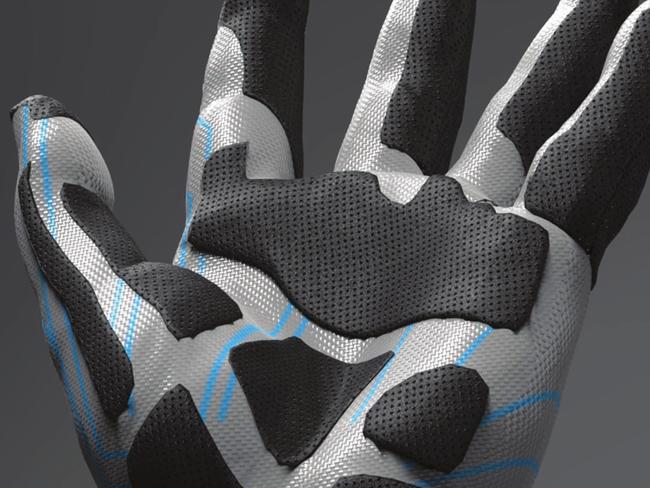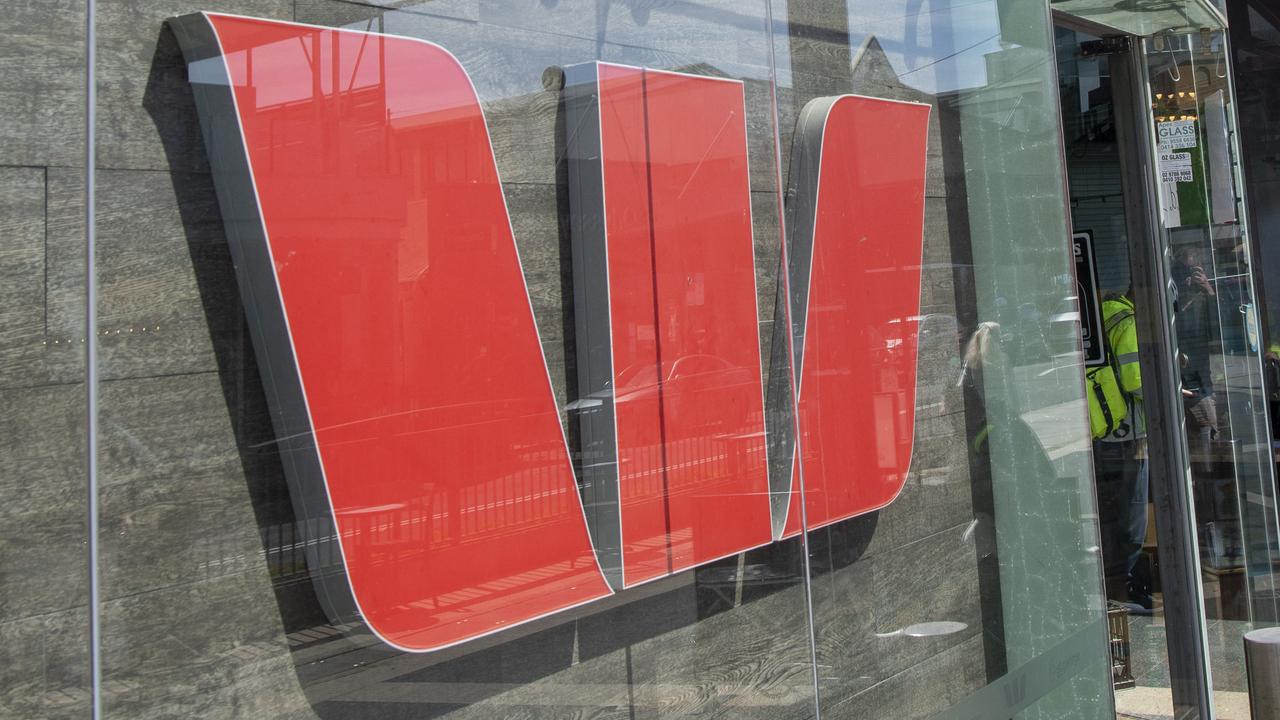World Economic Forum warns of major changes to workplace in ‘fourth industrial revolution’
THAT job you’ve trained for years to get? Sorry, but soon it may not exist. These are the professions on the chopping block.
MACHINES that teach themselves, 3D printers and automated transport — your average office in the year 2020 could be quite the different place.
That’s according to the Future of Jobs report from the World Economic Forum taking place this week, which claims a “fourth industrial revolution” will bring sweeping changes to virtually every field of work, from computer science to manufacturing.
“In many industries and countries, the most in-demand occupations or specialties did not exist 10 or even five years ago, and the pace of change is set to accelerate,” the report states.
“By one popular estimate, 65 per cent of children entering primary school today will ultimately end up working in completely new job types that don’t yet exist.”
The detailed analysis is based on a survey of global companies from nine different industries covering 13 million employees.
Results included the response of senior executives and chief human resource officers painted a picture of a world on the cusp of a “fourth industrial revolution” driven by technological developments and geopolitical changes.

Within the next four years, advanced robotics, 3D printing, mobile technology, the “internet of things” drone and driverless cars are expected to have a major impact on our working life.
It will lead to greater demand for jobs such as data analysts and specialised sales representatives in order to interpret and communicate changes, but reduce demand for basic jobs that will be replaced by automation.
“Developments in previously disjointed fields such as artificial intelligence and machine learning, robotics, nanotechnology, 3D printing and genetics and biotechnology are all building on and amplifying one another,” it states.
“Smart systems — homes, factories, farms, grids or entire cities — will help tackle problems ranging from supply chain management to climate change.”
“Other new specialties frequently mentioned include new types of human resources and organisational development specialists, engineering specialties such as materials, biochemicals, nanotech and robotics, regulatory and government relations specialists, geospatial information systems experts and commercial and industrial designers.”
In Australia, the authors found office workers, manufacturing, production, the arts, design, sport and media were all set to suffer in the years ahead.
Meanwhile sales, transport, logistics, maths, science and architecture are set to boom and jobs in construction, management, business, legal and financial services will remain stable.
The report comes as separate research shows nearly half of young people surveyed in Australia, Brazil, the US, China, France and Germany think their job could be done by robots in the next decade.
More than 1000 young people polled by Indian software firm Infosys also said they felt ill-equipped by traditional education for the workforce.
Read the full World Economic Forum report here.
Originally published as World Economic Forum warns of major changes to workplace in ‘fourth industrial revolution’



